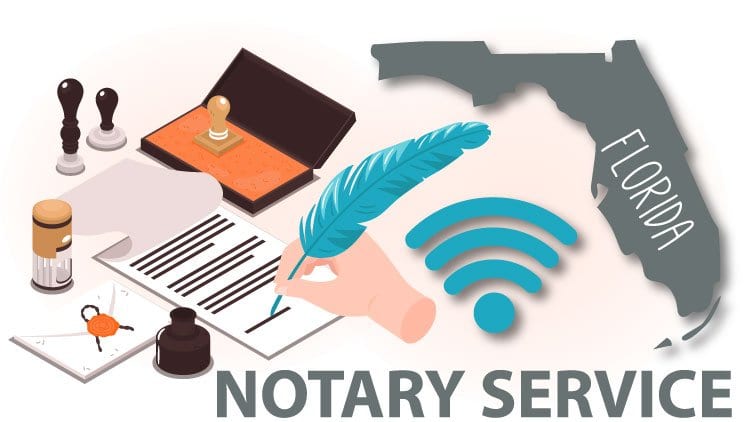Experienced Conveyancer: Navigating Residential Property Transfers with Knowledge
Wiki Article
Demystifying Notarial Job: Simplifying the Duty and Importance of Notaries
Their role, typically shrouded in mystery for several, carries significant weight in making sure the credibility and stability of important records. By unraveling the complexities surrounding notarial techniques and shedding light on the significance of their acts, a clearer understanding emerges of the important duty notaries play in supporting the fabric of contractual and legal contracts.The History of Notarial Work
The history of notarial job dates back to ancient human beings, where scribes played a critical role in taping essential details and verifying papers. This led to the development of notaries, individuals selected by the state to act as neutral witnesses in legal matters.
During the Center Ages, notaries obtained prominence in Europe, with their functions increasing to include drafting lawful files, accrediting trademarks, and preserving records. The increase of worldwide profession better emphasized the value of notarial job in verifying contracts and contracts throughout boundaries.
In the modern-day period, notaries remain to play a vital role in lawful and company purchases by verifying identifications, validating the credibility of documents, and avoiding scams. Their duty in licensing the validity of agreements adds a layer of safety and trust to the ever-evolving landscape of business and law.

Responsibilities and Obligations of Notaries
Notaries play a vital role in confirming the authenticity of papers and the identity of notaries. One of their primary obligations is to witness the signing of crucial documents, such as deeds, contracts, and wills, to guarantee that all events are entering into contracts purposefully and willingly.Additionally, notaries are entrusted with administering oaths and affirmations, which are crucial in legal process and the execution of sworn statements. They license copies of original papers, providing assurance to institutions that the duplicates hold true replicas of the originals. Notaries should keep exact records of all transactions they manage to make certain transparency and accountability. Generally, the obligations and obligations of notaries are vital in guarding the integrity and legality of different documents and transactions.
Notarial Certificates and Signatures
Exemplifying precise attention to detail, notarial certificates and trademarks function as necessary parts in confirming the credibility of lawful documents. Notarial certificates generally have crucial information such as the date of notarization, the names of the signatories, a summary of the paper, and the notary's official seal. These certifications provide a clear document of the notarial act, ensuring that the record can be quickly recognized and mapped back to the notary that managed the procedure.Trademarks play an essential role in notarial job, as they symbolize the agreement and authorization of the celebrations entailed. Notaries very carefully witness the signing of documents to confirm the identification of the signatories and validate that they are authorizing of their very own free choice. By affixing their main seal and signature to the paper, notaries certify that the needed procedures have actually been followed and that the record is enforceable and legitimate.
In essence, notarial certifications and signatures are the hallmark of credibility in lawful transactions, giving assurance to all celebrations entailed that the files are legit and binding.
Importance of Notarial Acts

Notarization Process Explained
The registration process usually begins with the specific offering the paper to a notary public. When the identification is validated, the notary makes sure that the private signing the record does so voluntarily and without any threat.
Conclusion

Notarial certificates generally consist of critical information such as the date of notarization, the names of the notaries, a summary of the record, and the notary's official seal. These certificates offer a clear record of the notarial act, making sure that the record can be conveniently identified and traced back to the notary who managed the procedure.
By fastening their main seal and signature to the file, notaries accredit that the needed treatments have actually been complied with and that the paper is enforceable and valid.
By verifying his response the identity of the signatories, confirming their determination to enter into the agreement, and licensing the day and area of the signing, notaries play a crucial role in upholding the validity of lawful papers.After the record is authorized, the notary will certainly fasten their main seal or stamp onto the file.
Report this wiki page